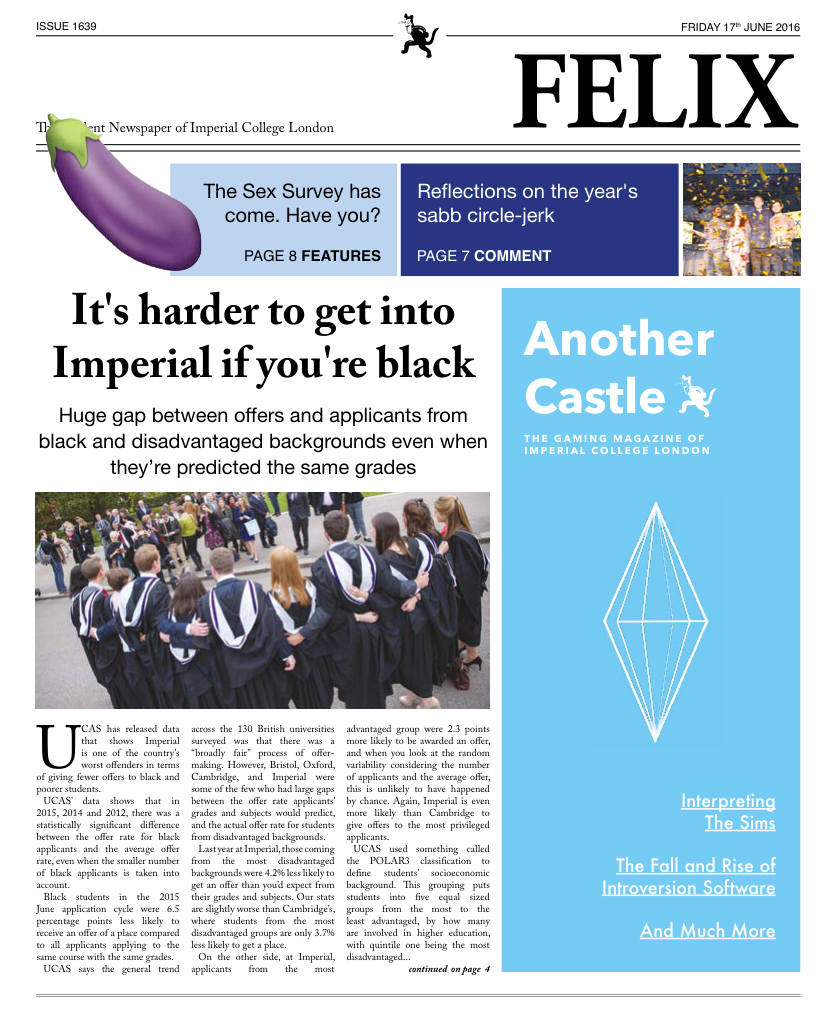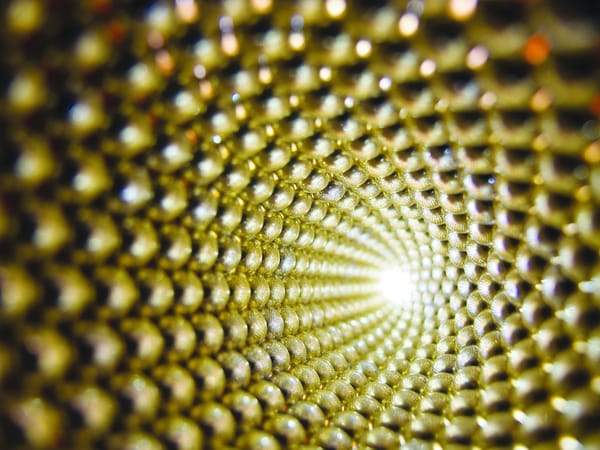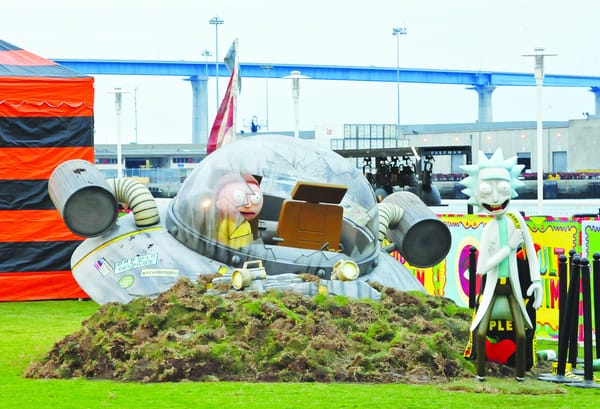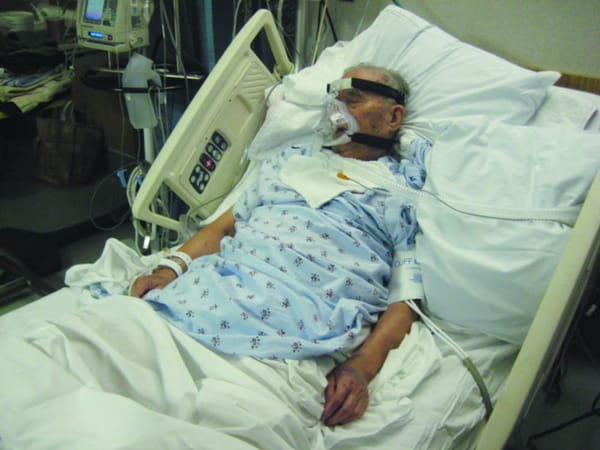Science & the City
Our regular science column
The year has come to an end. We’ve jammed and transformed our brains, learning some things better than others. We’ve prepared ourselves with the tools we need for the next chapter in our lives. As we all go our own ways this summer (unless you’re stuck here on campus toiling away while everyone jovially twirls outside in their freedom, like me) what are the really important things to remember from all we’ve experienced this year?
Hopefully we’ve learned that the individual components of science can be fallible, and so they should be. Something that cannot be tested or tried with the likelihood of failure is something that cannot improve, learn, and reach the next rung on the ladder of progress. As practitioners of science, we constantly revise old methods, ideas, and materials, while creating and uncovering new ones. Science accepts that old ways of thinking must change in the light of new knowledge
And this fallibility and willingness to change and grow, is perhaps one of the most subtle yet powerful lessons science has for us as human beings. We constantly face a world that tests the mettle of our character and makes us question our old ways of thinking and being, in the ways we treat the world and each other.
At the risk of sounding like I’m proselytizing, I propose we should use this scientific technique of self-correction to improve ourselves; to become kinder and better people. In the light of the types of events that have shaken the consciousness of the Western world recently (and one can barely imagine the events the rest of the world endures without the light of our media lens) which threaten to destabilise an understanding of the collective unity of humanity, science can help guide the way. Self-correcting our prejudice, hatred, and selfishness by reviewing the ‘literature’ and seeing that it never, ever does the world good. Changing our practices to those loving, accepting actions that have proved to increase our individual and collective happiness time and time again. Call it humanity or call it science – there’s no better choice for us but to grow and learn from our mistakes.







